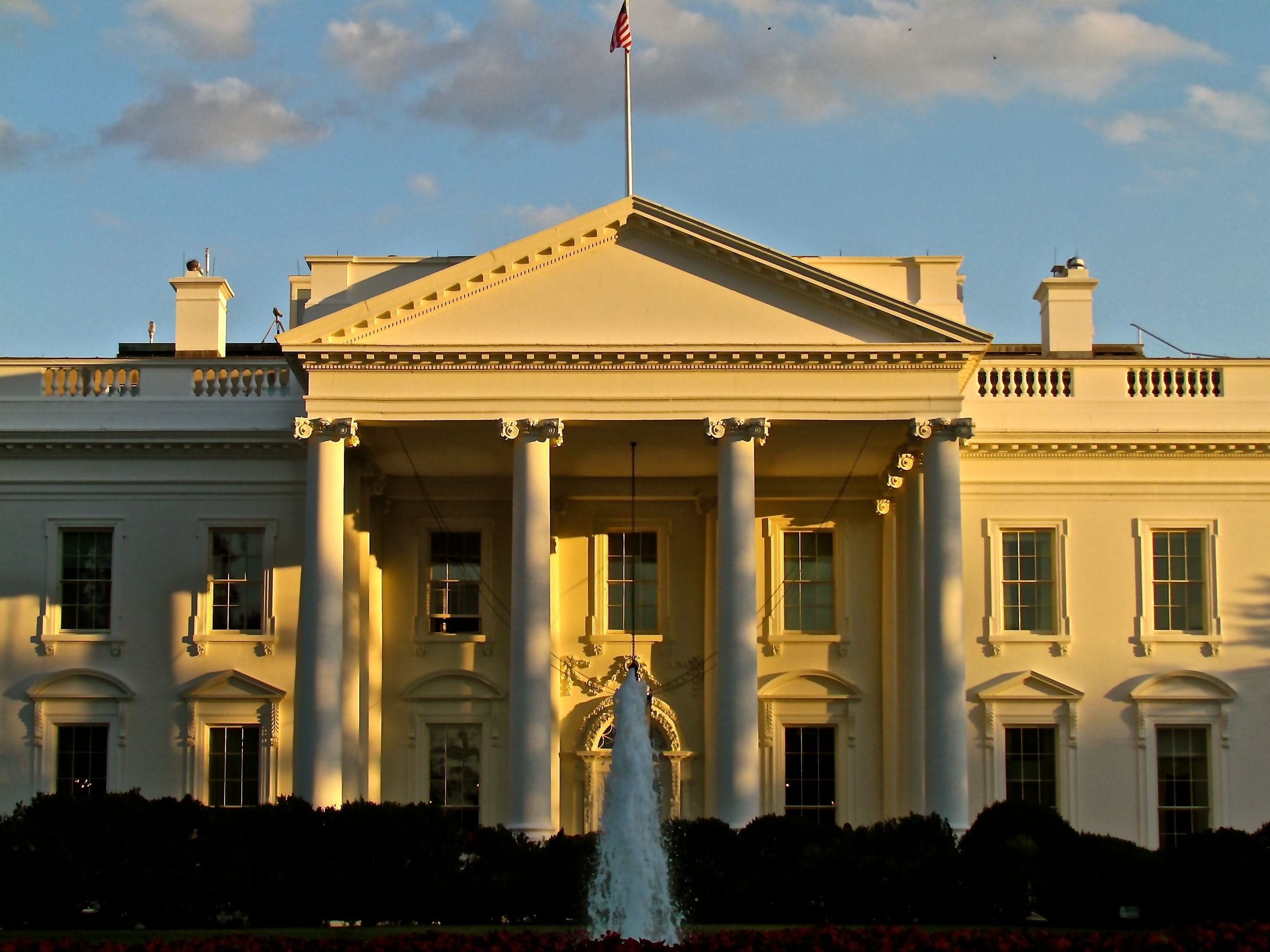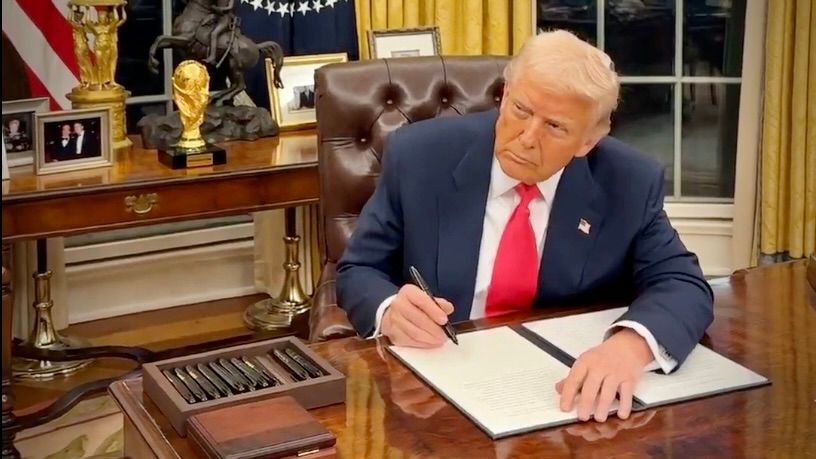U.S. Commodity Futures Trading Commission Reorganizes Enforcement Division
New Structure Aimed at Stopping Regulation by Enforcement
The U.S. Commodity Futures Trading Commission (CFTC) has reorganized its enforcement division to refocus on fraud and stop regulation by enforcement. The move is part of a broader effort to streamline the agency’s operations and maximize its resources to pursue fraudsters and other bad actors.
Complex Fraud Task Force and Retail Fraud and General Enforcement Task Force
Under the new structure, the CFTC’s Division of Enforcement will have two task forces: the Complex Fraud Task Force and the Retail Fraud and General Enforcement Task Force. The Complex Fraud Task Force will handle the enforcement of complex fraud and manipulation across all asset classes, while the Retail Fraud and General Enforcement Task Force will handle retail fraud and general enforcement.
The Complex Fraud Task Force will be led by Paul Hayeck, deputy director of the enforcement division, and will be responsible for handling the enforcement of complex fraud and manipulation from preliminary inquiries to litigations. The Retail Fraud and General Enforcement Task Force will be led by Charles Marvine, also a deputy director of the agency’s enforcement division, and will handle retail fraud and general enforcement.
Stop Regulation by Enforcement
CFTC Acting Chair Caroline Pham said in a press statement that the new structure will stop regulation by enforcement and is more efficient. She stated that the simplified structure will maximize the CFTC’s resources to bring more actions to pursue fraudsters and other bad actors, and not punish good citizens.
Enhanced Governance and Oversight
The new structure will also provide enhanced governance and oversight of enforcement matters to prevent overreach and enhance consistency, fairness, and due process. According to the CFTC’s announcement, the new structure will more efficiently utilize the CFTC’s resources to prevent fraud, manipulation, and abuse and ensure market integrity.
Comparison to SEC’s Crypto Task Force
The CFTC’s rejection of the regulation by enforcement strategy pursued under the Biden Administration echoes the ongoing about-face at the U.S. Securities and Exchange Commission, the CFTC’s sister regulatory agency. Under current Acting Chair Mark Uyeda, the SEC has established a Crypto Task Force and disavowed the agency’s previous strategy of regulation by enforcement under former Chair Gary Gensler.
Conclusion
The CFTC’s reorganization of its enforcement division is a significant move aimed at stopping regulation by enforcement and refocusing on fraud. The new structure will provide enhanced governance and oversight of enforcement matters and will more efficiently utilize the CFTC’s resources to prevent fraud, manipulation, and abuse and ensure market integrity.
FAQs
Q: What is the purpose of the CFTC’s reorganization of its enforcement division?
A: The purpose of the reorganization is to refocus on fraud and stop regulation by enforcement, and to streamline the agency’s operations and maximize its resources to pursue fraudsters and other bad actors.
Q: What are the two task forces established under the new structure?
A: The two task forces are the Complex Fraud Task Force and the Retail Fraud and General Enforcement Task Force.
Q: Who will lead the Complex Fraud Task Force?
A: Paul Hayeck, deputy director of the enforcement division, will lead the Complex Fraud Task Force.
Q: Who will lead the Retail Fraud and General Enforcement Task Force?
A: Charles Marvine, also a deputy director of the agency’s enforcement division, will lead the Retail Fraud and General Enforcement Task Force.
Q: What is the goal of the new structure?
A: The goal of the new structure is to stop regulation by enforcement and to more efficiently utilize the CFTC’s resources to prevent fraud, manipulation, and abuse and ensure market integrity.
Q: How does this compare to the SEC’s Crypto Task Force?
A: The CFTC’s rejection of the regulation by enforcement strategy pursued under the Biden Administration echoes the ongoing about-face at the SEC, which has established a Crypto Task Force and disavowed the agency’s previous strategy of regulation by enforcement under former Chair Gary Gensler.









